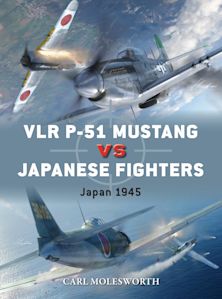World War II German Super-Heavy Siege Guns
World War II German Super-Heavy Siege Guns
Description
As the outbreak of World War II approached, Nazi Germany ordered artillery manufacturers Krupp and Rheimetall-Borsig to build several super-heavy siege guns, vital to smash through French and Belgian fortresses that stood in the way of the Blitzkrieg.
These 'secret weapons' were much larger than the siege artillery of World War I and included the largest artillery piece of the war, the massive 80cm railway gun 'schwere Gustav' (Heavy Gustav). However, these complex and massive artillery pieces required years to build and test and, as war drew near, the German High Command hastily brought several WWI-era heavy artillery pieces back into service and then purchased, and later confiscated, a large number of Czech Skoda mortars.
The new super siege guns began entering service in time for the invasion of Russia, notably participating in the attack on the fortress of Brest-Litovsk. The highpoint for the siege artillery was the siege of Sevastopol in the summer of 1942, which saw the largest concentration of siege guns in the war. Afterwards, when Germany was on the defensive in the second half of 1943, the utility of the guns was greatly diminished, and they were employed in a piecemeal and sporadic fashion on both the Eastern and Western Fronts. In total, the German Army used some 50 siege guns during World War II, far more than the thirty-five it had during World War I.
Supported by contemporary photographs and detailed artwork of the guns and their components, this is an essential guide to these guns, exploring their history, development, and deployment in stunning detail.
Table of Contents
The Return of Fortress Europe
Design and Development
Operational History
Conclusion
Bibliography
Index
Product details
| Published | Jul 23 2020 |
|---|---|
| Format | Ebook (PDF) |
| Edition | 1st |
| Extent | 48 |
| ISBN | 9781472837165 |
| Imprint | Osprey Publishing |
| Illustrations | Illustrated throughout with 40 photos and 8 pages of colour illustrations |
| Series | New Vanguard |
| Short code | NVG 280 |
| Publisher | Bloomsbury Publishing |

Resources
Discover More
Visit our exclusive member's website to see artwork, maps, and more from this book.

Resources
Book Vote
Tell us what titles you would like to see published by Osprey, then vote for your favourites in our monthly book vote!



























